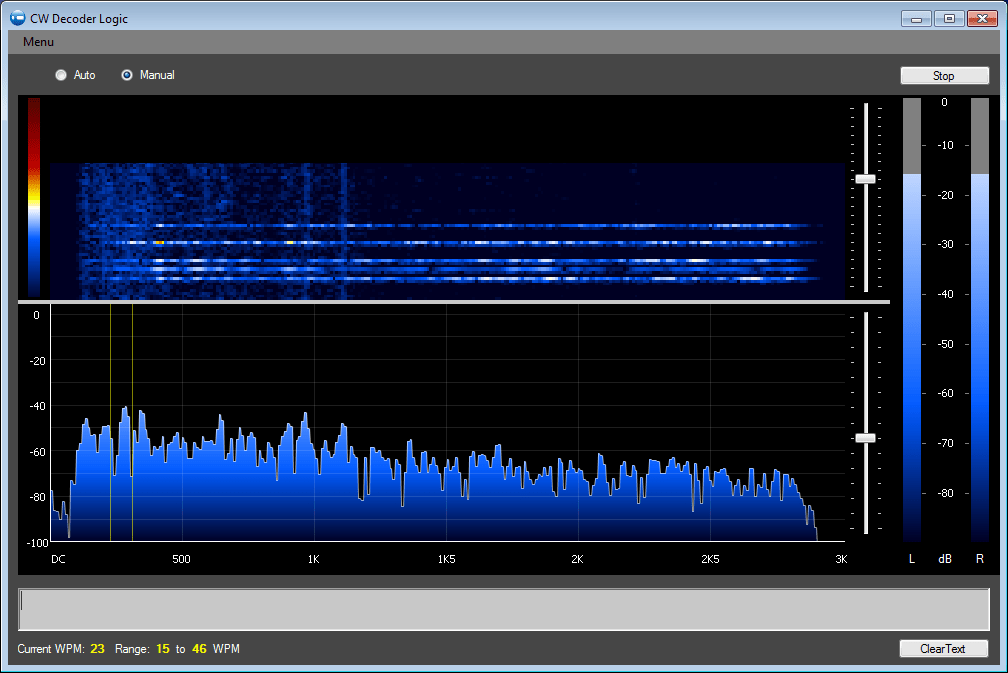


These will detect call signs, access the QRZ database and set up macros for quick contest keying for you. You have the computer software solutions that integrate with station management software like HRD. You may have seen the many options for CW decoders readily available, either as a sketch you can freely download for your microcontroller dev board or some cheap overseas pre-built option even available on eBay for a little as $11.

Don't get me wrong, because I can copy CW in my head at 15 WPM and can easily recognize characters and some small words up to 40, but ADHD is a 'you know what' and it would be nice to have some help with the mental gymnastics. ANY help a ham can get - if it leads to a path of more activity and proficiency - is preferable. Now, before we get into debate over the virtues of learning to 'head copying,' I must suggest that it is better to be on the air and copy badly than to be an arm chair listener copying perfectly. While there are quite a few standalone Morse Code or CW decoders out there, I wanted to tackle the problem myself and end up with both a great Arduino learning project and a decent portable decoder for when I'm out in the field operating QRP. With an Arduino, an LCD module and a few components you can have your own pocket-sized 'secret decoder' that will do up to 80 wpm, enabling even you the 'noob' to dive feet first into the CW bands with an electronic set of 'swimmies!' Good at copying 35 word per minute code in your head? Nah.


 0 kommentar(er)
0 kommentar(er)
